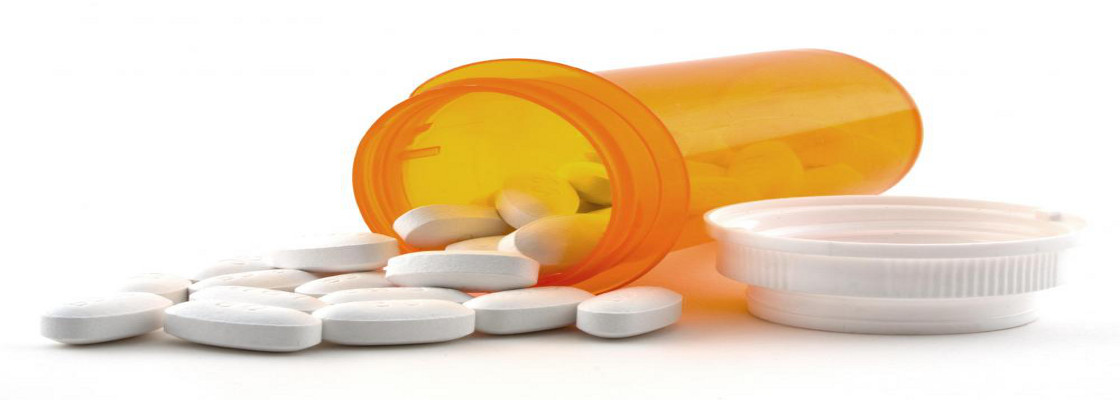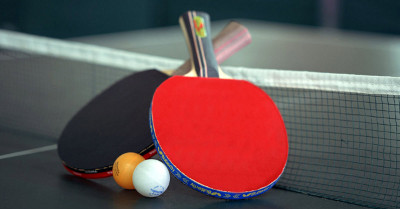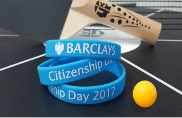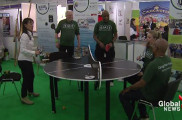Ping-Pong Improves Brain Function
It’s More Than A Fun Game
It also helps with detection and treatment of autism, Asperger’s, Alzheimer’s, dyslexia, and more.
The unpredictability and high speed of play require mental and physical agility. Making speedy decisions, exercising fine-motor control, and developing highly efficient hand-eye coordination can help improve function in both the primary motor cortex and cerebellum.Like most clubs, the first few meetings attracted a crowd of curious teens, but as the year progressed, the club started to shrink in size. Eventually it was reduced to about 10 loyal participants. I was really surprised to notice that almost all of them were students with special needs.
I wondered why. A little research clarified that Ping-Pong (also known as table tennis) is considered a “brain sport.” It activates different parts of the brain simultaneously and stimulates overall awareness, while its fast pace helps sharpen alertness and decision making. Wendy Suzuki, Ph.D., professor of neuroscience and psychology at New York University, cites the sport’s impressive and varied benefits: “In Ping-Pong, we have enhanced motor functions, enhanced strategy functions, and enhanced long-term memory functions.” The unpredictability and high speed of play require mental and physical agility. Making speedy decisions, exercising fine-motor control, and developing highly efficient hand-eye coordination can help improve function in both the primary motor cortex and cerebellum.
 Rob Bernstein, an autism and Asperger’s specialist, has used table tennis in workshops with children with disabilities in order to improve their social and motor skills. Ping-Pong can also help diagnose ADHD, autism, and dyslexia. The eye tracking involved in games requiring hand-eye coordination has been shown to be effective for early detection of these disorders. “Ping-Pong provides the perfect opportunity for me to help these kids deal with social interactions,” he says. “They have to be able to say ‘nice shot’ when an opponent gets a point, ask someone new to play—even just learn how to play by the rules.”
Rob Bernstein, an autism and Asperger’s specialist, has used table tennis in workshops with children with disabilities in order to improve their social and motor skills. Ping-Pong can also help diagnose ADHD, autism, and dyslexia. The eye tracking involved in games requiring hand-eye coordination has been shown to be effective for early detection of these disorders. “Ping-Pong provides the perfect opportunity for me to help these kids deal with social interactions,” he says. “They have to be able to say ‘nice shot’ when an opponent gets a point, ask someone new to play—even just learn how to play by the rules.”
The students in my club played with enthusiasm and cooperation, even if upon joining the group they were having trouble connecting with others. It wound up being not just fun for them individually but a socially stimulating activity that helped them interact with each other.
Elderly Ping-Pong players tend to experience functional improvements in the frontal lobes of the brain, which regulate decision making, problem solving, and voluntary movements. Patients who went through a table tennis rehabilitation program also tended to be less dependent on wheelchairs.But the benefits don’t stop there. Patients with conditions such as Alzheimer’s disease have also been helped by treatment programs using Ping-Pong. A 1997 clinical study in Japan discovered that people with brain diseases who played the game experienced a boost in brain function and awareness, as well as a decrease in dementia and depression. The study found that elderly Ping-Pong players tend to experience functional improvements in the frontal lobes of the brain, which regulate decision making, problem solving, and voluntary movements. Patients who went through a table tennis rehabilitation program also tended to be less dependent on wheelchairs.
These observed treatment effects have prompted places like the Gilbert Table Tennis Center in Los Angeles to implement table tennis therapy programs. Here, Alzheimer’s patients take hourlong “lessons” that involve simple volley exercises, and the results have been promising for improving memory.
Now when I pick up my paddle, I think of all the benefits this simple, fun game can give players—athletically, socially, emotionally, and cognitively. Who would have thought that sending a little white ball over a net could accomplish so much?
Copy by Violet Decker





 T3 Foundation YouTube
T3 Foundation YouTube T3 Foundation Features on Canadian News
T3 Foundation Features on Canadian News